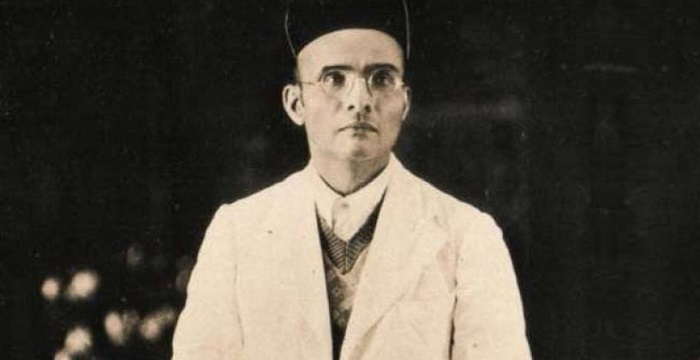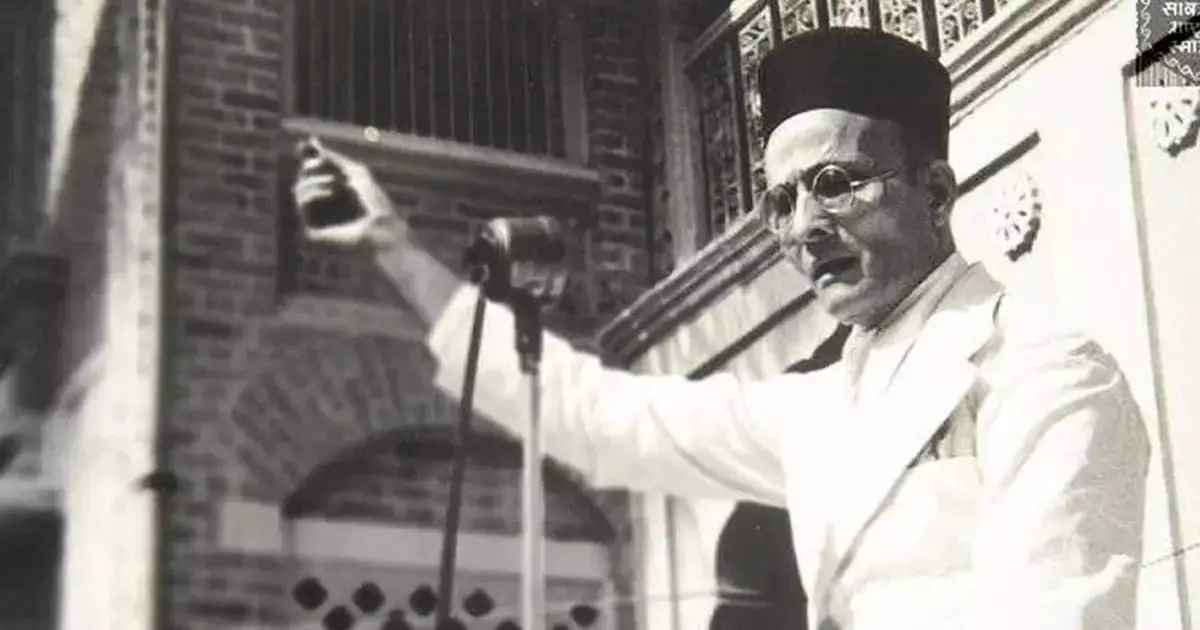Vinayak Damodar Savarkar, popularly called Veer Savarkar was a well-known independence fighter, nationalist poet philosopher, and Social reformer from India. His contribution to India’s fight for independence as well as his political views have had a lasting impression on the history of India. This article delved into the background, the views, and controversy that surround Vinayak Damodar Savarkar.
1. Introduction
Vinayak Damodar Savarkar was born on May 28, 1883 in the city in Bhagur, Maharashtra, during British colonial rule in India. He was raised in a politically tense context, which was a major influence on his later radical activities as well as the nationalist spirit.
2. Early Life and Education
Savarkar was born into a middle class family, and was given an education that was traditional. Savarkar had a remarkable intellect and was a voracious reader from an early age. Savarkar finished his schooling in Pune and then went to law school in London. It was in London that he began to absorb radical ideas and was aware of the difficulties that faced India during the time of British rule.
3. Revolutionary Activities
Joining the Indian National Congress
When he returned in India, Savarkar actively participated in the Indian struggle for freedom. He was a member of his fellow members of the Indian National Congress and advocated for full independence of British rule. Savarkar was of the opinion that the way towards freedom needed the united front and continuous struggle against the colonial masters.
Formation of Abhinav Bharat
Savarkar was also an integral part of the formation of the revolutionary group known as Abhinav Bharat. The group was formed to educate and inspire young revolutionaries to take on British oppression. Savarkar’s dream was to establish an army of passionate people who would be working towards ending the oppression of colonial rulers.
Arrest and Imprisonment
Savarkar’s revolutionary actions caught the attention of British authorities, which resulted in his detention in 1909. Savarkar was indicted for sedition and sentenced to life sentences totalling fifty years. In spite of his sentence, Savarkar continued to inspire and inspire fellow revolutionaries with his letters and writings.
4. Philosophy and Ideology

Hindutva
The most important contributions was the idea of Hindutva which was defined by him as the essence of being the definition of a Hindu. Hindutva included a spiritual and nationalist ethos that highlighted the unification and unity of the Indian nation as well as its rich heritage. Savarkar held to the preservation and protection of Hindu tradition, culture, and values.
Views on Social and Political Issues
Savarkar spoke about different political and social issues, such as the issue of caste discrimination, women’s rights and the importance of an unified and strong India. Savarkar’s ideas regarding social reform and nation-wide unity were embraced by many Indians and affected the national discussion.
5. Contributions to Literature
Alongside his revolutionary work, Savarkar was a prolific poet and writer. Savarkar wrote a variety of books poetry, articles, and essays that emphasized the struggle for India and the need for an independent India. His works of literature remain a source of inspiration for generations of readers and give insight into his nationalist views.
6. Controversies and Criticism
The Mercy Petition
The most controversial events in the life of Savarkar was his petition for mercy in the hands of British officials during his time in prison. Savarkar’s request for the release of his prisoner, drew controversy from certain areas, while some viewed it as a strategic move to secure freedom and keep up the struggle for freedom.
Claims of Collaboration with the British
Savarkar was also accused of collaboration with British authorities. The allegations arose in his desire to bargain with the colonial administration to gain freedom. But, his supporters claim that these negotiations were strategic and to gain leverage in the fight for independence.
7. Conclusion
Vinayak Damodar Savarkar remains an important figure in India’s fight to achieve independence and in the creation of the nation’s identity. His revolutionary actions, ideological views and literary contributions have left a permanent mark on the country’s past. Although there are controversies surrounding some elements of his personal life, the devotion for the cause Indian nationalists is undisputed.
FAQs
1. Was Vinayak Damodar Savarkar a member of the Indian National Congress? No, Savarkar was associated with the Indian National Congress but later distanced himself from the organization due to ideological differences.
2. What is the significance of Hindutva in Savarkar’s ideology? Hindutva, as defined by Savarkar, emphasizes the cultural and nationalist aspects of Hindu identity and advocates for the unity of the Indian nation.
3. Did Savarkar collaborate with the British authorities? Savarkar faced allegations of collaboration with the British due to his negotiations with the colonial regime. However, supporters argue that these negotiations were tactical moves to further the cause of independence.
4. How did Savarkar contribute to literature? Savarkar was a prolific writer and poet, with his works reflecting his nationalist vision and the struggles of India under British rule.
5. What is the legacy of Vinayak Damodar Savarkar? Savarkar’s legacy lies in his influence on Indian nationalism, his contributions to the concept of Hindutva, and his lasting impact on the discourse surrounding cultural and national identity in India.

